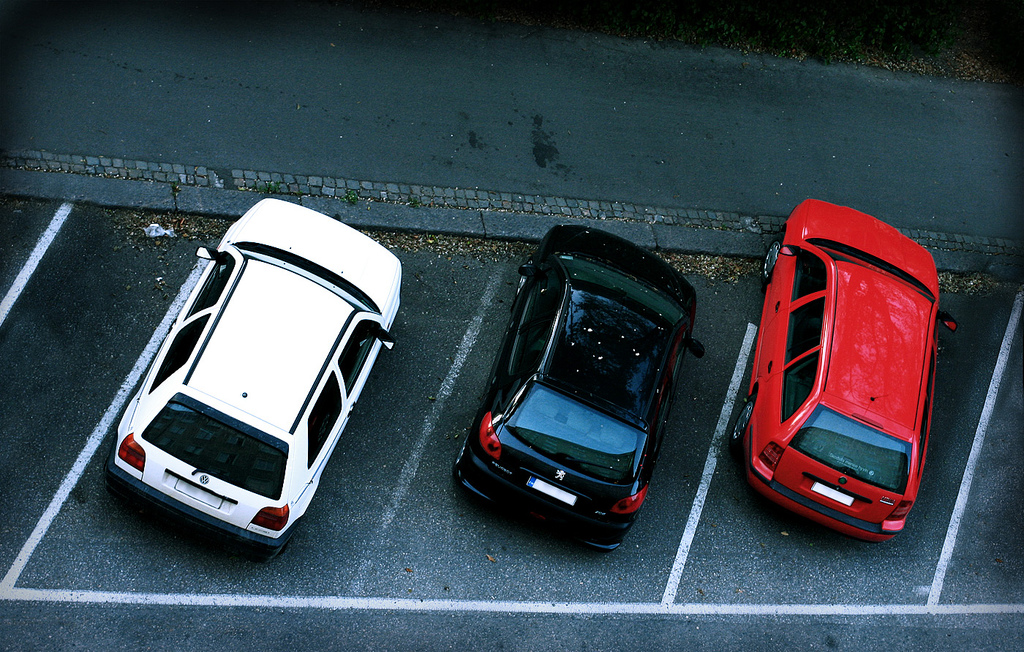The “cash for clunkers” bill is now headed to President Barack Obama’s desk, and he’s expected to sign it enthusiastically.
Obama and Vice President Joe Biden personally lobbied senators to support the bill, helping stave off a Republican-led effort to kill it. The bill ultimately passed the Senate on Thursday as part of a large war-spending package. The House passed the “cash for clunkers” bill last week.
The legislation puts $1 billion toward vouchers for drivers who trade in older cars for new ones that get slightly better gas mileage; the whole plan is expected to cost $4 billion, so lawmakers will have to come up with additional money if they want to keep it going for a full year, as intended. The bill is expected to subsidize the purchase up to one million new vehicles.
“This is a bill that saves jobs and helps small businesses affected by the economic downturn, all with the added benefit of helping the environment,” said Democrat Debbie Stabenow of Michigan, who sponsored the measure in the Senate.
Enviros are much less enthused, noting that the bill would subsidize the purchase of new vehicles that are only marginally more efficient than the ones they replace.
Under the program, drivers will be able to trade in vehicles of model year 1984 or later that are currently in use, and the old cars will be crushed or otherwise permanently removed from the roads. To qualify as a “clunker,” a vehicle has to average 18 miles per gallon or less. For cars, drivers could get a $3,500 subsidy for purchasing a new model that gets at least 22 mpg or 4 mpg more than the old one, or $4,500 for a new car that gets at least 10 mpg more. For light trucks and SUVs, drivers could get $3,500 for a new model that averages at least 2 mpg more than the old one, or $4,500 for 5 mpg more.
Those are pretty low standards considering that the Obama administration’s new fuel-economy rules will require cars to get 39 mpg and light trucks to get 30 mpg by 2016.
So while the bill will give a boost to the beleaguered auto industry, it won’t do much to lower greenhouse-gas emissions or the nation’s dependence on oil.



